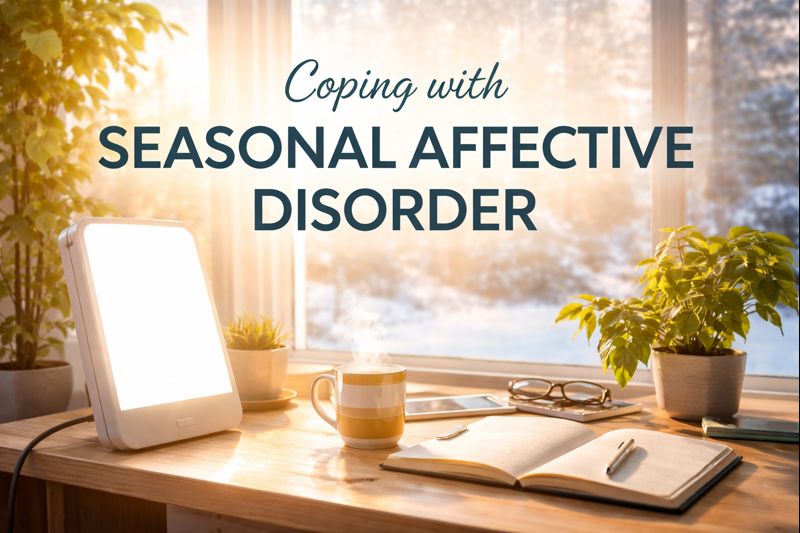SoulBeing August 2023 Newsletter
My son will be two and a half next month and he is going through it lately. This summer, my happy-go-lucky second born has started asserting himself, often loudly. His frustration is palpable in these moments. His face will turn red, and his little eyebrows will scrunch up. He gets damp with sweat. “I don’t like it!” he proclaims as loudly as his little voice will allow, telling his sister to get away from him. “Help me!” he will demand, pleading for me to adjust the straps on his shoes.
In these moments, I feel my nervous system being triggered. I hold my breath, I freeze. I want to stop the loud noises coming from my beloved boy, I want to fix his obvious anguish. Sometimes, I do just that. I cater to his needs in a desperate attempt to meet my own. In my better parenting moments however, I see these outbursts as opportunities.
These occurrences afford me the gift of helping to co-regulate this little person. In these moments especially, what he thinks he needs and what he actually needs are two different things. He doesn’t need me to finish putting his shoes on his feet, he needs to know that he can do it himself, that he is safe to feel frustrated, and safe to take his time and make mistakes. And he needs to know that I will support him through the tough moments.
As parents, and in the other roles we play in life, we are often tempted to squash, deny, or hide intense emotions. But my son is reminding me during this season of life that big feelings are good, and should be felt and honored, not stuffed away because they are inconvenient. By restraining my immediate instinct to try to fix every problem my son encounters, I’m granting him permission to feel. And feel he does: frustration, sadness, disappointment, joy, surprise, wonder. The sensitivity of our children is a true gift.
And here’s a cool learning I’ve had about co-regulation: I can only help him calm down if I’m able to calm myself down first. He can only borrow my calm if I have calm to borrow. Without intervention, his frustration triggers a psychological and physical panic within me, and then I instantly solve the problem for him. When I allow this cycle to occur, he doesn’t learn how to calmly solve problems, and I stay in fight or flight mode long after the frustration has passed.
But if, instead, I calm myself down through deep breaths, speak to him quietly and slowly, and offer him physical comfort, we both immediately feel better. Our feelings are felt for as long as needed, and then we restore ourselves to calm. He often then proceeds to solve the problem on his own. It feels like pulling off some elusive parenting magic.
Going through this process of growth with my son has had a strong impact on me. In moments of intense stress, whether triggered by children or career or a careless driver, I now find myself using the same tools I employ to co-regulate my overstimulated son. The shift is a simple one, but meaningful. It quiets the voice in my head that has a tendency to jabber on about the red pick-up that cut me off for hours after the incident.
This voice has caused me more stress and anxiety than any singular event ever could. The ability to quiet the voice by calming myself down in the moment of panic has been instrumental in my ability to reset my base level of stress and live a more calm and peaceful life.
I now take the time in my own life to acknowledge a moment of stress, name the feeling I am grappling with, and allowing myself to feel it. Then, when I’m ready, I restore myself to calm. Once again, I find myself thanking my children for teaching me the life lessons that I had forgotten or missed the first time around.
Wishing you well,
Colleen





0 Comments